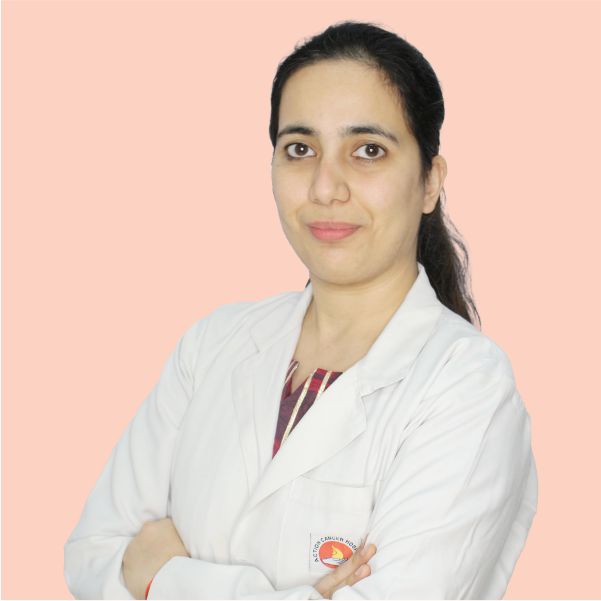The Laboratory Department at Sri Balaji Action Medical Institute offers an extensive array of diagnostic tests covering various medical disciplines. These include haematology, biochemistry, microbiology, immunology, clinical, cytology, histopathology, and molecular diagnostics. This diverse range of tests enables the accurate diagnosis and monitoring of a wide spectrum of medical conditions.
The department is equipped with state-of-the-art instrumentation and technology. This includes automated analyzers, advanced imaging systems, and molecular diagnostic platforms. These tools not only enhance the accuracy and efficiency of testing but also enable a wide range of specialized assays. Additionally, the Laboratory places a strong emphasis on quality assurance. Rigorous protocols and quality control measures are in place to ensure the accuracy and reliability of test results. This commitment to quality extends to every step of the testing process, from specimen collection and processing to result reporting.
The Laboratory operates with a sense of urgency, recognizing the importance of timely test results in patient care. Efforts are made to minimize turnaround times, particularly for urgent or critical tests. This swift reporting of results allows for prompt diagnosis and treatment, contributing to improved patient outcomes.
Call 011-42888888 to book an appointment with a specialist at Sri Balaji Action Medical Institute.
- Sr. Consultanat Microbilogy- Deptt oflabatory Sciences.jpg)
Unit Head & Sr. Consultant
.jpg)
Sr. Consultant
.jpg)
Sr. Consultant (Bio Chemistry) & Quality Manager
- Consultanat Pathology- Deptt oflabatory Sciences.jpg)
Sr. Consultant

Consultant

Consultant
A laboratory is a controlled environment where scientific experiments, measurements, and tests are conducted to gather data, analyse samples, and conduct research. In healthcare, clinical laboratories are facilities where medical tests are performed on patient samples to aid in diagnosis and treatment.
Clinical laboratories offer a wide range of services, including blood tests, urine analysis, microbiology tests, pathology examinations, genetic testing, and various other diagnostic procedures. They play a critical role in disease detection, monitoring, and management.
When you provide a sample (like blood, urine, or tissue), it is labeled, processed, and analyzed by trained laboratory professionals. Depending on the test, the sample may be examined under microscopes, subjected to chemical reactions, or undergo genetic analysis to generate relevant data.
Laboratory results are generally very accurate, but the accuracy depends on several factors, including the quality of the sample collected, the proficiency of the laboratory staff, and the precision of the testing methods used. Laboratories often have strict quality control measures in place to ensure accuracy.
The turnaround time for laboratory results varies depending on the type of test and the specific laboratory. Some tests, like simple blood counts, can be processed quickly, often within hours. More complex tests, such as genetic analysis or specialized cultures, may take several days or even weeks.